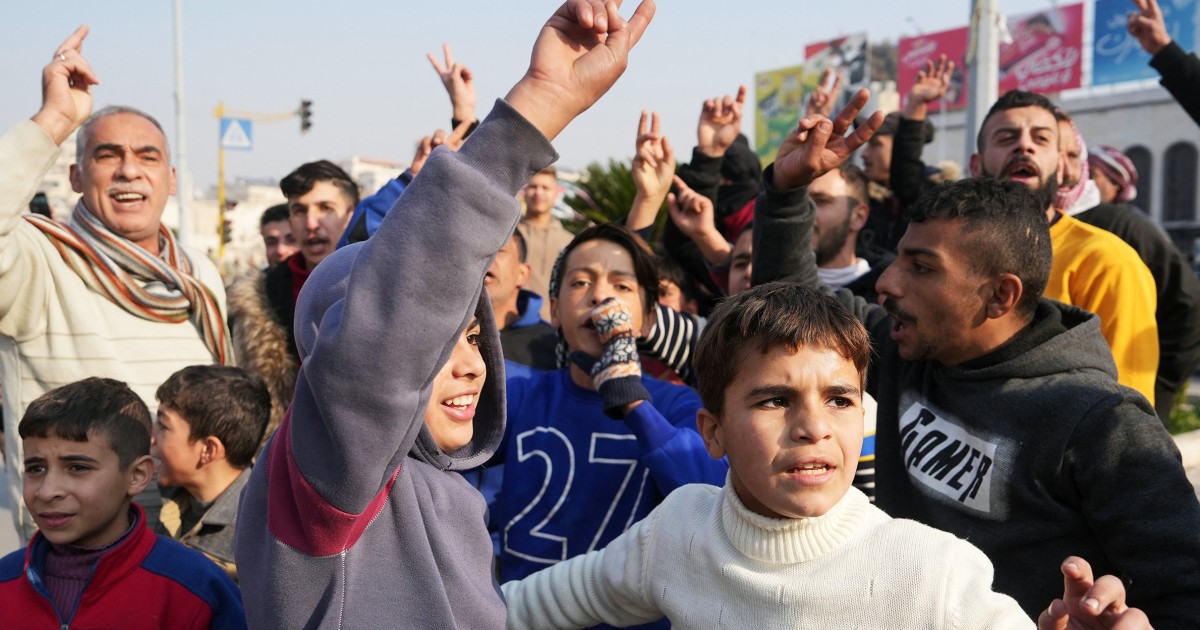
HTS has negotiated with Shia and Sunni leaders, Kurdish groups and with regime military commanders, “most resulting in peaceful takeovers, safe exits & some [publicly unacknowledged] regime defections,” Lister said.
While some might dismiss that shift in messaging as superficial, “first impressions could count for a lot in defining what comes next,” he added.
While some reports suggested that HTS-led forces were as little as six miles away from northern Homs, the Syrian defense ministry said in a post on Facebook that its units were targeting the rebels to the north and south of Hama with “artillery fires, missiles and Syrian-Russian joint military aircraft.”
Inside the city, video footage showed a statue of President Assad’s father and predecessor Hafez being torn down.
NBC News was unable to independently confirm claims by either side — government repression of media and a rapidly shifting map of make independent journalism almost impossible in Syria where the Assad regime has long received aerial and military backing from Moscow.
Heavy Russian-led bombing of civilian infrastructure was a key and bloody feature of the Syrian civil war in the years leading to the 2020 ceasefire.
Members of the insurgent forces also told NBC News that bombing by Russian aircraft overnight also focused on the Rustan bridge along the main route to Homs, presumably in a bid to slow the rebels’ advance.
Meanwhile, the Israeli Air Force struck border crossings, roads and other infrastructure on Syria’s border with Lebanon early Friday, according to local Syrian and Lebanese media.
Israel’s military also said in a statement that its air force struck “weapon-smuggling routes and terror infrastructure sites located near the Syrian regime’s crossings at the Syrian-Lebanese border. These routes were used by Hezbollah to smuggle weapons.”
Iran-backed Lebanese militant group Hezbollah, as well as Tehran itself, have long been backers of the Assad regime and the re-eruption of the Syrian civil war follows a ceasefire between Israel and Hezbollah, after months of fighting degraded the militia.
With those two backers now compromised, what’s next for the Assad regime depends on decisions within the Kremlin, Neil Quilliam told NBC News.
“It all comes down to Russia and its calculations as to whether it has the capacity and the will to step in,” Quilliam said. “Its interests are deeply embedded in Syria so it seems strange that it would not intervene but it’s not clear that it’s willing to do so. That would mean the end of the regime.”
In a post on Facebook, Russia’s embassy in Damascus told its citizens that “due to the difficult military-political situation in Syria, the Embassy… reminds Russian citizens… of the possibility of leaving the country on commercial flights through active airports.”

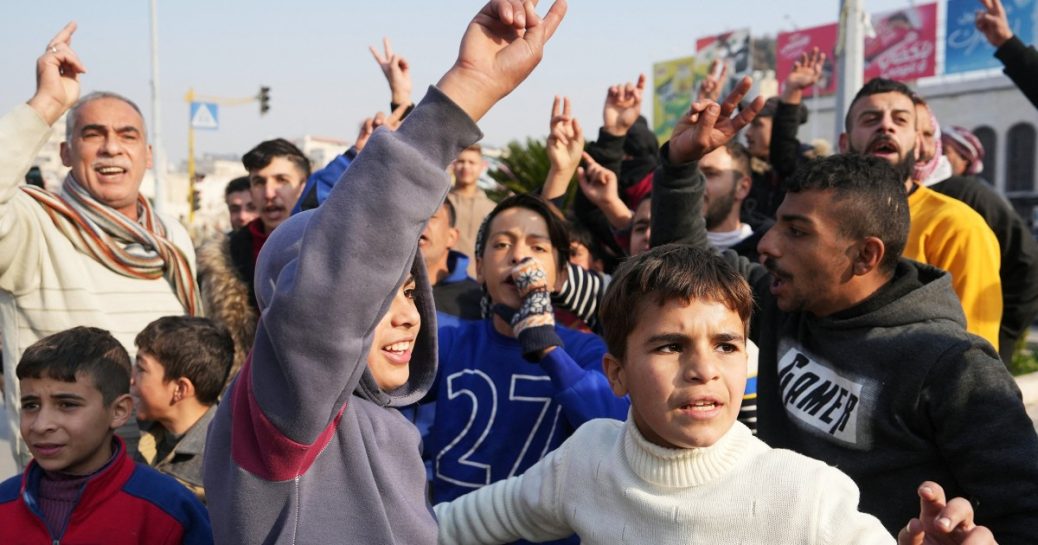
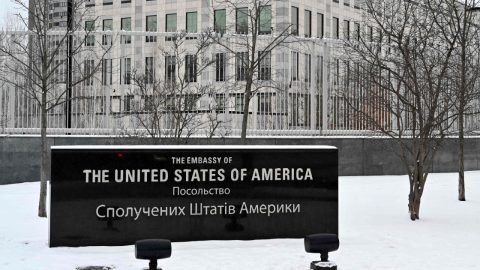
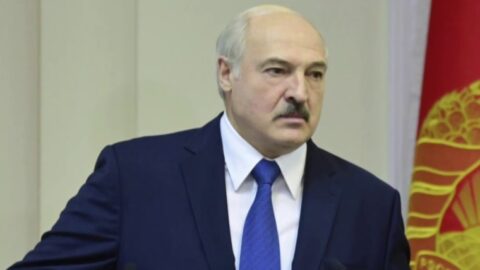
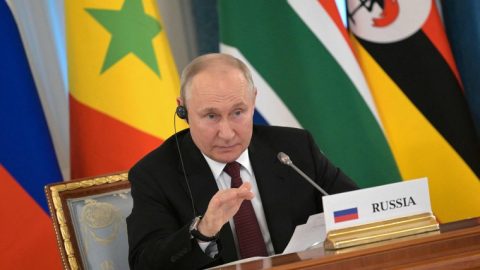
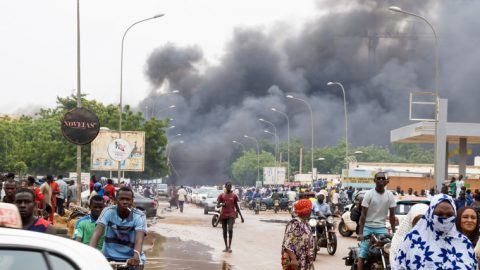

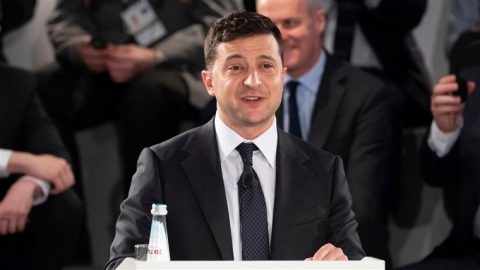
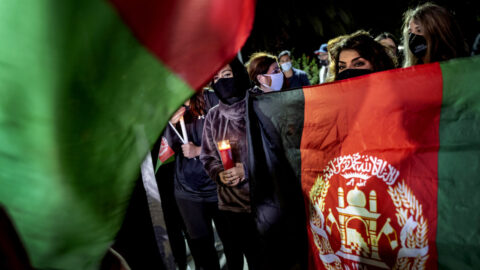
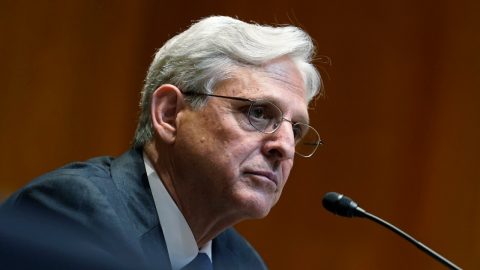
Recent Comments